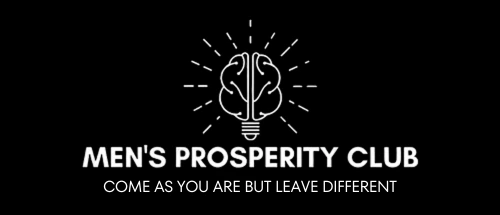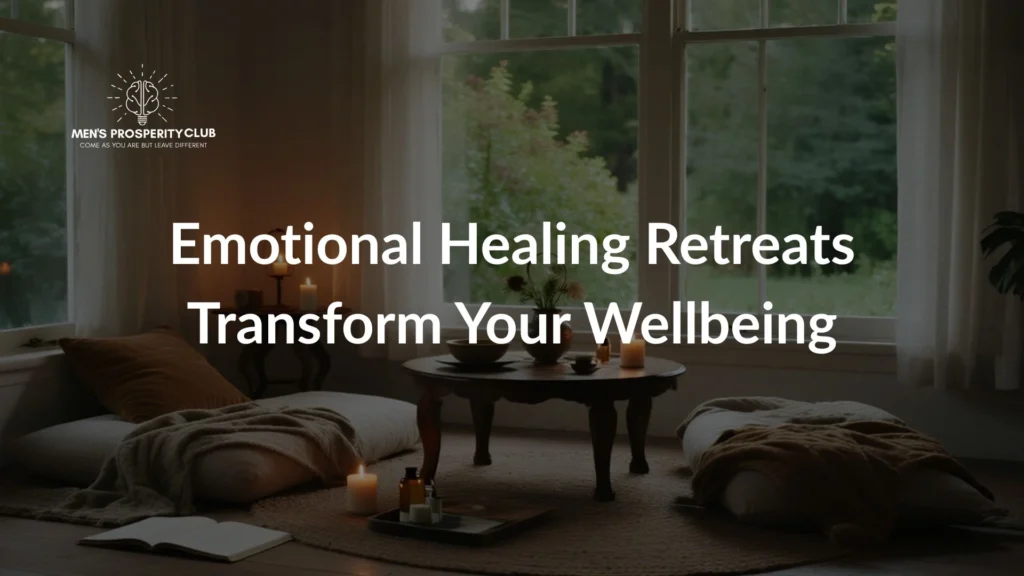Emotional healing retreats have revolutionised how people approach mental wellness and personal transformation. Furthermore, these immersive experiences provide structured pathways to overcome anxiety, depression and emotional trauma whilst fostering lasting inner peace.
Understanding Emotional Healing Retreats
An emotional healing retreat creates a sanctuary where participants can safely explore their feelings, process past experiences and develop healthier coping mechanisms. Moreover, these programmes combine evidence-based therapeutic approaches with holistic practices to address both psychological and physical aspects of wellbeing.
Unlike traditional therapy sessions, retreats offer intensive, focused healing experiences. Consequently, participants often achieve breakthrough moments that would typically require months of conventional treatment. Additionally, the immersive nature removes daily distractions, allowing deeper self-reflection and emotional processing.
Who Benefits from Healing Retreats?
Emotional healing retreats support individuals facing various challenges:
Mental Health Struggles: Those experiencing depression, anxiety disorders or persistent emotional distress find structured support particularly beneficial. Subsequently, the combination of professional guidance and peer connection creates powerful healing environments.
Trauma Survivors: People recovering from childhood trauma, relationship abuse, or significant life events discover safe spaces to process difficult emotions. Furthermore, specialised trauma-informed approaches ensure gentle, effective healing progression.
Burnout Recovery: Professionals experiencing chronic stress and emotional exhaustion regain balance through comprehensive wellness programmes. Additionally, these retreats teach sustainable stress management techniques for long-term wellbeing.
Relationship Difficulties: Individuals struggling with interpersonal connections learn healthy communication patterns and boundary-setting skills. Moreover, group activities foster social healing and community building.

Proven Benefits of Emotional Wellness Retreats
Research consistently demonstrates the positive impact of structured healing programmes:
Immediate Benefits: Participants experience reduced cortisol levels, improved sleep quality, and decreased anxiety symptoms within days. Furthermore, intensive mindfulness practices create rapid shifts in emotional regulation.
Long-term Transformation: Studies show that retreat participants maintain improved mental health markers for months following completion. Additionally, learned coping strategies continue benefiting daily life management.
Physical Health Improvements: Emotional healing directly impacts physical wellbeing, reducing inflammation, boosting immune function, and improving cardiovascular health. Consequently, participants often report increased energy and vitality.
Enhanced Relationships: Improved self-awareness and emotional intelligence translate into healthier personal and professional relationships. Moreover, participants develop deeper empathy and communication skills.
Types of Emotional Healing Retreats
Mindfulness-Based Retreats
These programmes focus on present-moment awareness through meditation, body scanning and mindful movement practices. Subsequently, participants develop lasting skills for managing overwhelming emotions and reactive patterns.
Structured daily schedules typically include silent meditation periods, walking meditation, and group reflection sessions. Furthermore, expert teachers provide personalised guidance for deepening practice and overcoming obstacles.
Trauma-Informed Healing Retreats
Specialised programmes address complex trauma using approaches like EMDR, somatic experiencing, and narrative therapy. Additionally, these retreats maintain strict safety protocols whilst facilitating profound emotional release.
Participants work with qualified trauma therapists in both individual and group settings. Moreover, creative expression therapies, including art and music therapy, provide alternative healing pathways.
Holistic Wellness Retreats
Integrative programmes combine traditional therapeutic methods with complementary healing modalities. Consequently, participants experience healing through multiple channels, addressing mind, body and spirit connections.
These retreats often include nutritional counselling, massage therapy, acupuncture, and energy healing practices. Furthermore, participants learn to create comprehensive self-care routines supporting ongoing wellness.
Adventure Therapy Retreats
Nature-based programmes utilise outdoor activities to facilitate emotional healing and personal growth. Additionally, challenging activities build confidence whilst group experiences foster community support.
Participants engage in hiking, rock climbing, wilderness survival skills, and group challenges. Moreover, the natural environment provides powerful metaphors for personal transformation and resilience building.
Choosing the Right Healing Retreat
Selecting an appropriate programme requires careful consideration of several factors:
Therapeutic Approach: Research the specific methodologies used and ensure alignment with your healing needs. Furthermore, verify that facilitators possess relevant qualifications and experience.
Programme Duration: Consider whether intensive weekend programmes or extended residential retreats better suit your circumstances. Additionally, some people benefit from multiple shorter experiences rather than single extended programmes.
Location and Setting: Natural environments often enhance healing experiences, though urban settings may offer different advantages. Moreover, consider accessibility requirements and travel limitations.
Group Size and Demographics: Smaller groups typically provide more personalised attention, whilst larger communities offer diverse perspectives and experiences. Furthermore, some programmes cater to specific age groups or life circumstances.

Preparing for Your Healing Journey
Successful retreat participation begins with proper preparation:
Set Clear Intentions: Define specific goals and desired outcomes before arriving. Additionally, remain open to unexpected insights and growth opportunities that may emerge.
Complete Pre-Retreat Requirements: Many programmes require intake assessments, medical clearances, or preparatory reading. Furthermore, honest completion of screening processes ensures appropriate programme matching.
Arrange Practical Matters: Organise work coverage, childcare arrangements, and other responsibilities well in advance. Moreover, inform trusted friends or family members about your healing journey for ongoing support.
Prepare Emotionally: Acknowledge that healing work can be challenging and emotionally intense. Additionally, cultivate patience and self-compassion for the process ahead.
Integration and Ongoing Support
The retreat experience represents the beginning rather than the end of your healing journey:
Create Integration Plans: Develop specific strategies for implementing learned skills in daily life. Furthermore, identify potential challenges and prepare coping strategies.
Maintain Community Connections: Many retreat participants form lasting supportive relationships. Additionally, online communities and reunion events help sustain motivation and accountability.
Continue Professional Support: Consider ongoing therapy, coaching, or support groups to maintain momentum. Moreover, regular check-ins with retreat facilitators can provide valuable guidance.
Practice Self-Care Rituals: Establish daily practices that support continued emotional wellness and growth. Furthermore, regular self-assessment helps identify when additional support might be beneficial.
Finding Your Path to Emotional Freedom
Emotional healing retreats offer powerful opportunities for transformation, growth, and lasting wellness. Additionally, the investment in your mental health creates ripple effects that benefit every aspect of your life.
Whether you’re beginning your healing journey or seeking to deepen existing practices, these immersive experiences provide the structure, support and community necessary for profound personal change. Furthermore, the skills and insights gained extend far beyond the retreat setting, creating lasting positive impacts on your relationships, career and overall life satisfaction.
Taking the first step towards emotional healing requires courage, but the rewards of inner peace, authentic self-expression, and meaningful connections make the journey worthwhile. Moreover, countless individuals have discovered renewed purpose and joy through these transformative experiences, proving that healing and thriving are entirely achievable goals.




